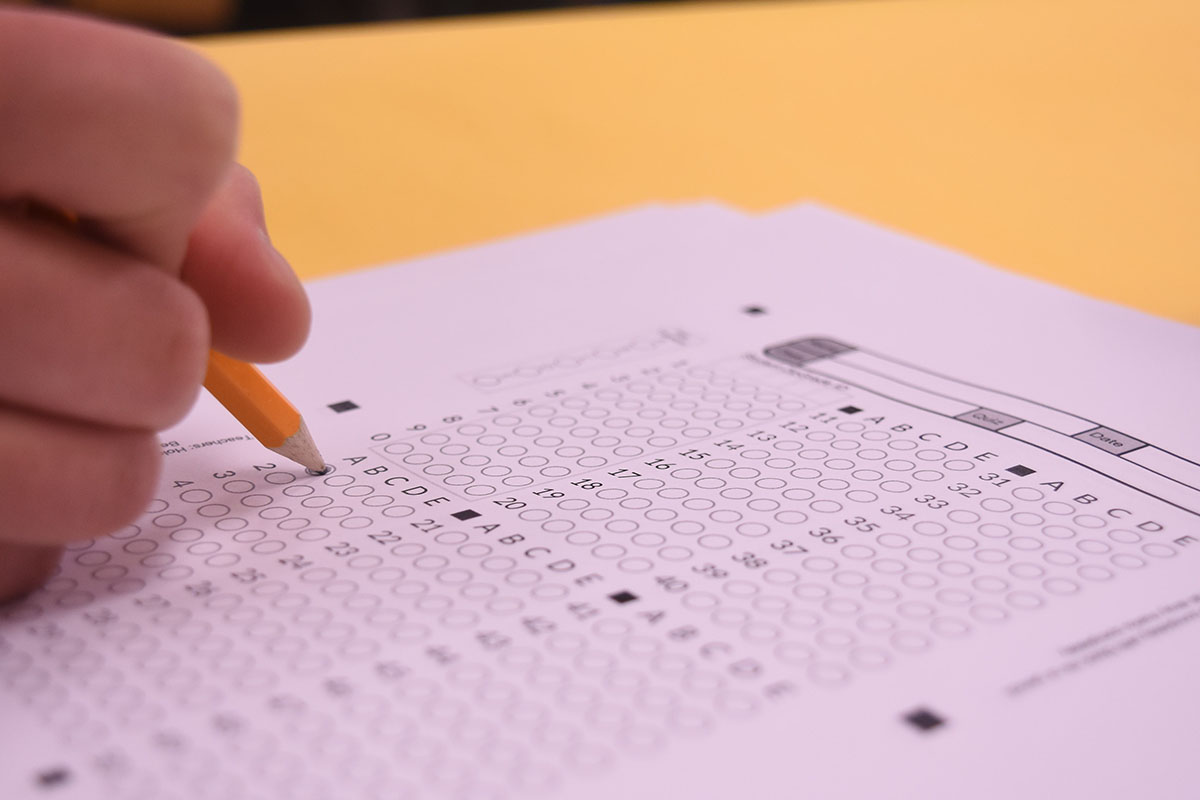
The Missouri PTA, a volunteer, non-profit advocacy group for children, had prepared a handful of questions for the legislators present that dealt not only with ideas on education improvement, but specific plans as to how to execute and enforce those improvements. And, though all of the legislators didn’t fall on the same side of the party line, they were in consensus when it came to the uncompromising necessity of education.
“The question is: How can we spend our money on something that keeps us moving forward instead of something that keeps us at the same place?” Rowden said. “And I think the answer is obviously education, because education is the training of our future.”
The other legislators wholeheartedly agreed that education is essential not only to every child, but to the well-being of the future of the nation. Wright stated, to assenting nods around him, “There is no better investment we can make than in the human potential in our communities.”
But, though all politicians present agreed on the need to better public education, they also all recognized that to do so, the problem of severe under-funding of public education would have to be fixed, and the night’s discussion focused on the unhappy truth that procuring the money to do so would be an exceedingly difficult task.
Representatives like Kelly and Webber believe that this difficulty stems, in part, from a lack of popular support for taxes like Proposition B that would ultimately support education. Webber maintained that, because there was no money to take from anywhere else in the budget, a source of revenue would have to be created to support higher education standards and that that source of revenue would have to be higher taxes.
“Everybody benefits when a child is educated,” Webber said. “But though kids benefit from education, though the parents have benefited from education, though their neighbors have benefited from education, people no longer want to contribute to that education. Nobody, on either side of the aisle, wants to raise taxes for education. Both sides are opposed to raising any more taxes. This needs to change. And we especially need to stop cutting taxes.”
Other representatives like Schaefer and Wright believe that the lack of money can be traced, in part, to the federal-government-mandated state spending on Medicaid, which takes away from the money that can be given to public education.
Wright went back to Proposition B, which, had it passed, would have raised cigarette taxes and given the revenue to fund public education. Wright believes that one of the most efficient ways to reduce Medicaid costs is to reduce the frequency of preventable illnesses, such as those caused by smoking cigarettes. Since the frequency of many preventable diseases would have most likely gone down with the increasing of cigarette taxes, Wright also believes in taxes like Proposition B which could cut Medicaid spending and generate revenue for public education.
But, though a multitude of ideas were tossed around during the night’s discussion on how to raise revenue to fund a higher standard of public education, the legislators made one thing clear throughout the time they spent talking: they weren’t there to yell blindly over party lines, unwilling to stretch a hand out in compromise.
“These are not Republican or Democratic stances,” Schaefer said. “These are individuals simply trying to better education.”
By Urmila Kutikkad



























































































Bruce Wayne • Dec 9, 2012 at 6:07 pm
Well written piece- you should consider putting one or two articles from every section on the scroll thing on the home page… because most all are articles and my guess is most high schoolers don’t care about legislatures… you should but like review, or style of the week and sorts in the scoll so there is more of a vaiety and you appeal to all students.